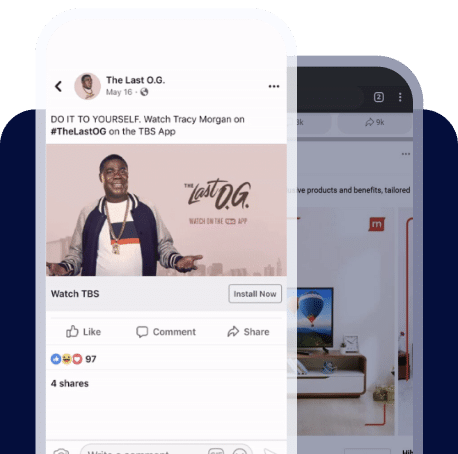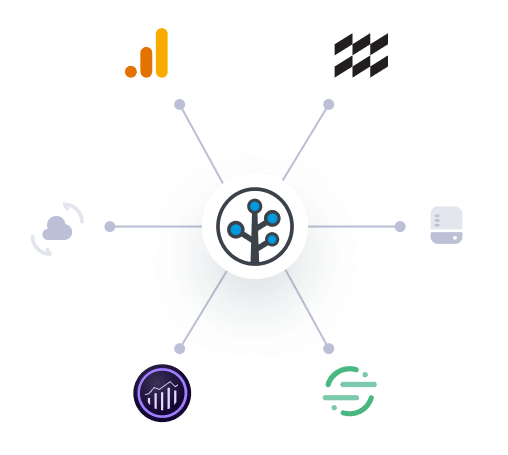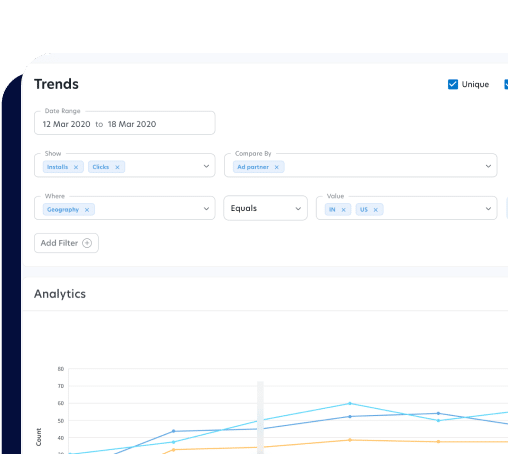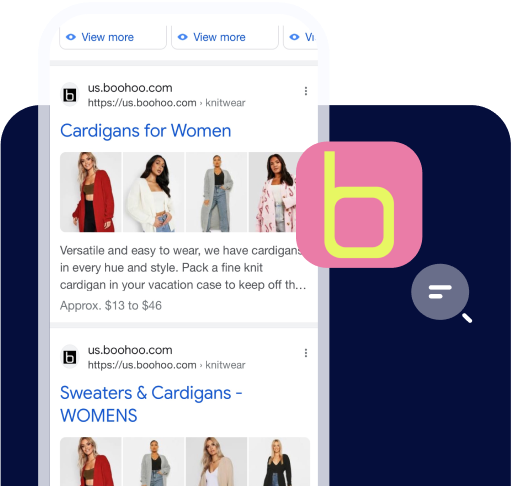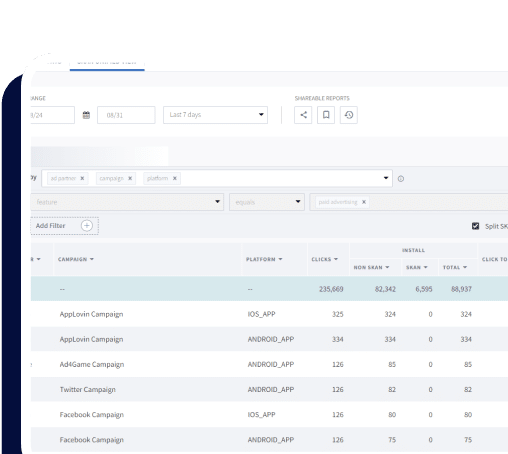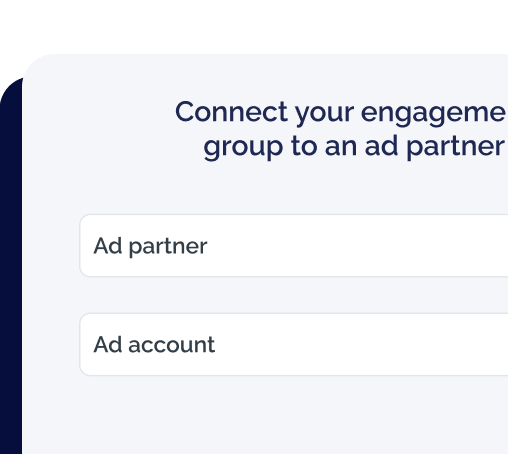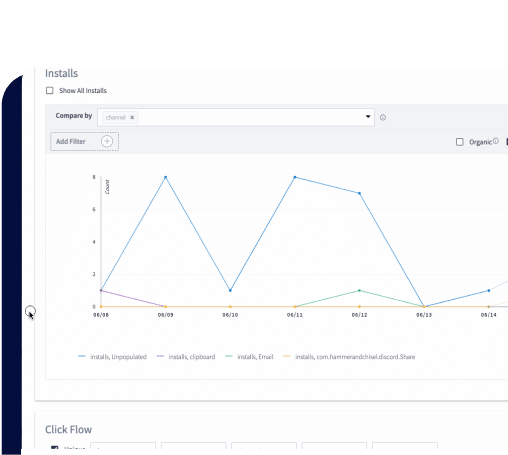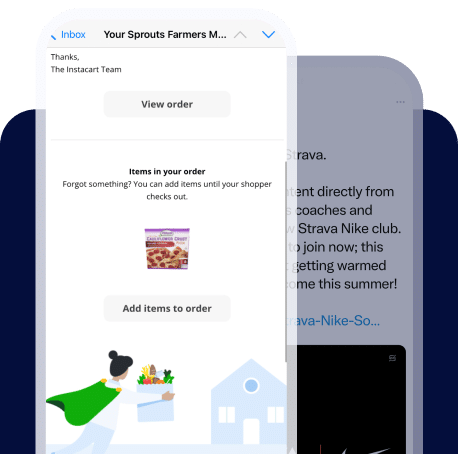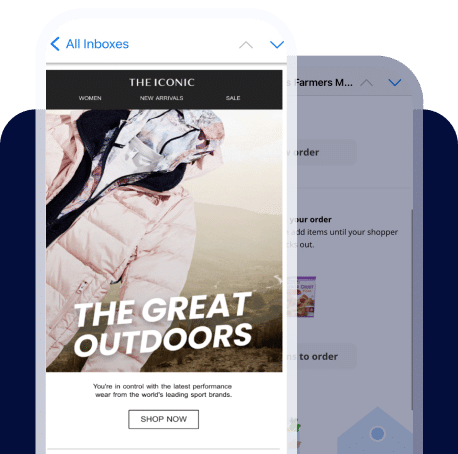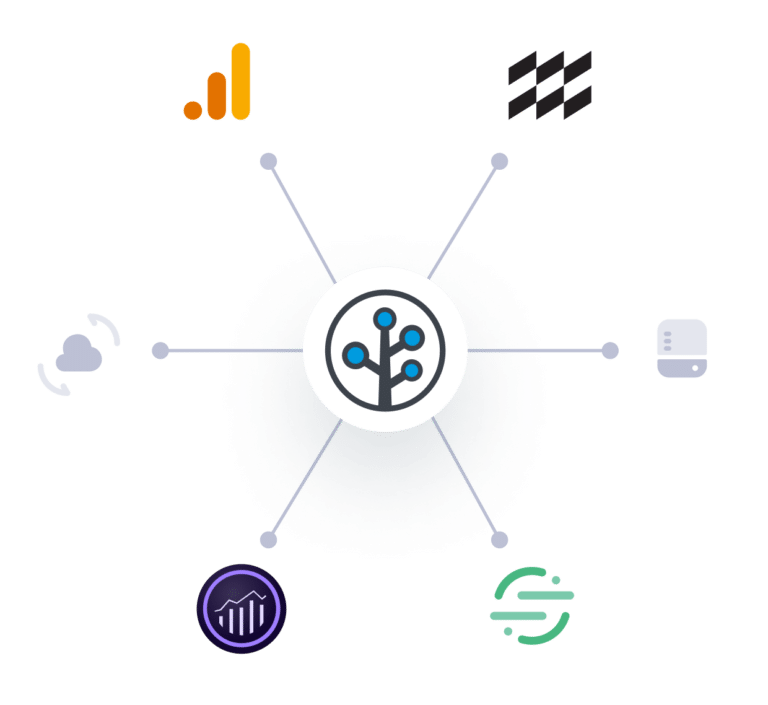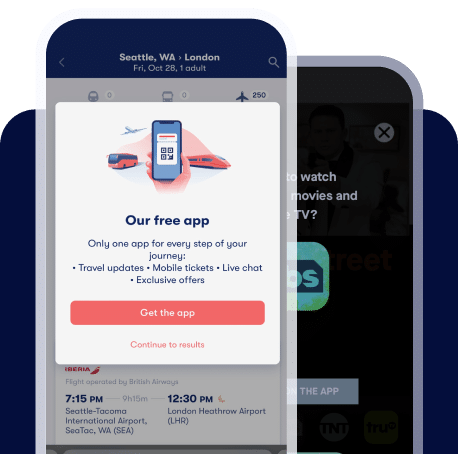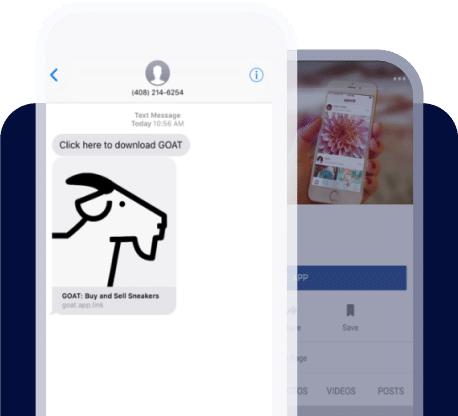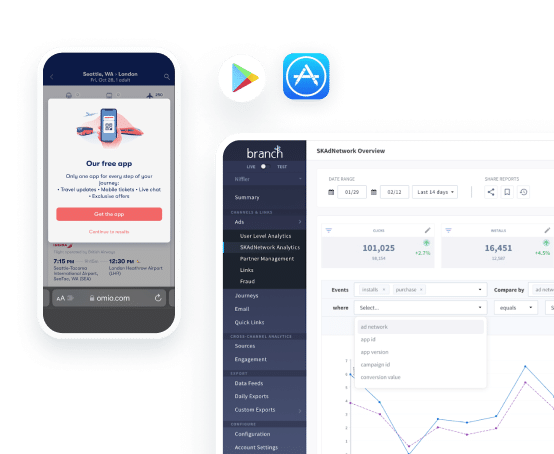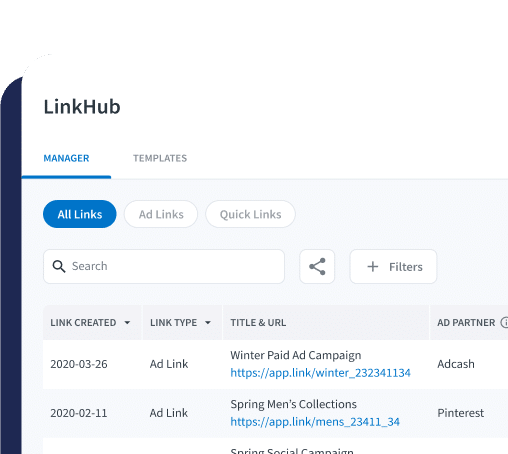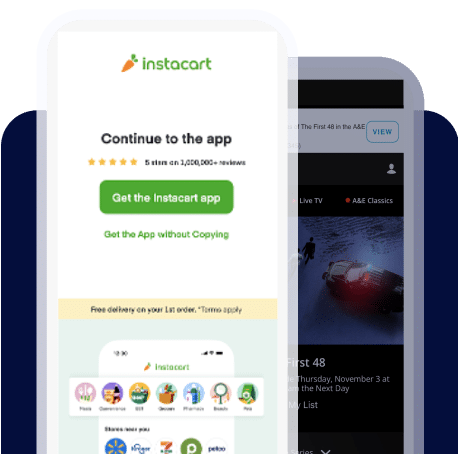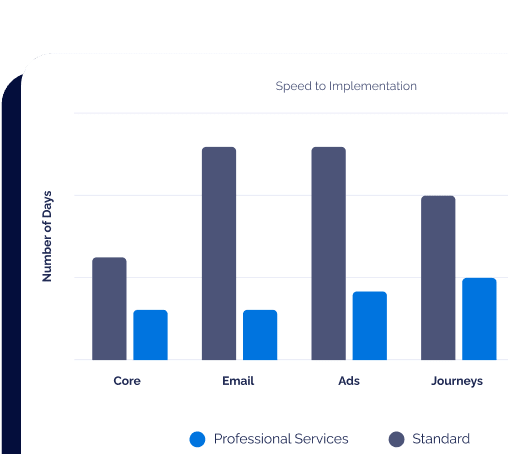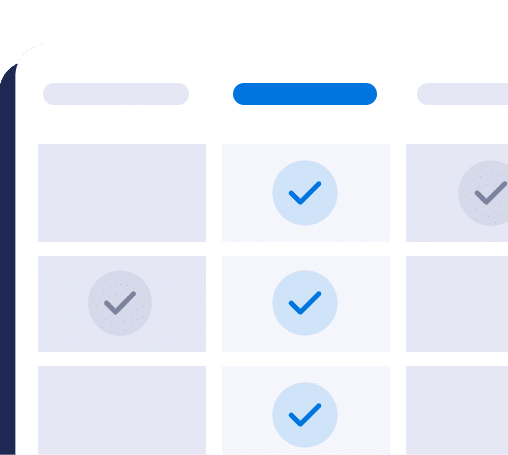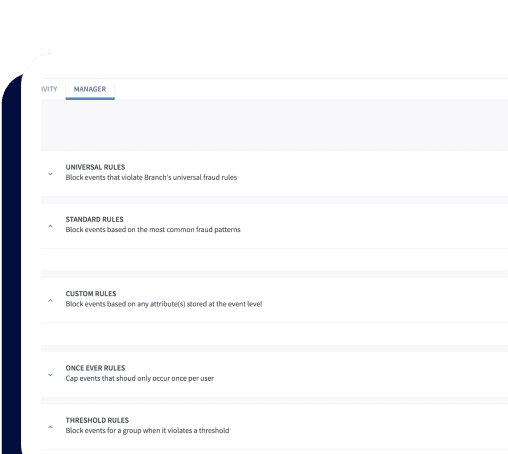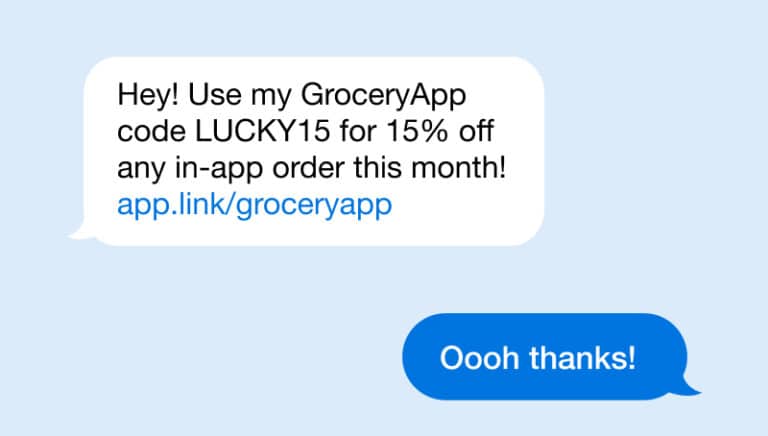Word of mouth can make or break any business, and that’s true for mobile marketers. Referral programs formalize this tried-and-true marketing strategy by leveraging existing users to bring in new customers.
By implementing a referral marketing program, mobile app developers and marketers can boost their conversion rates while rewarding their loyal customers, creating a win-win scenario for all involved.
How does referral marketing work?
A mobile referral program brings in new users by creating a referral link for existing customers to share to refer friends to the app.
Current customers can share the referral link with family, friends, and other contacts via social media, email, or text. The best part? Both parties can earn rewards through the referral rewards program, such as free products, gift cards, special discounts, or other incentives.
Referral links are a key part of a referral marketing program. When users sign up for a referral program for ecommerce or another kind of app, they receive a unique link connected to their user profile. When referred customers use the referral link to complete the intended action, such as install an app or make a purchase, the system tracks the activity.
Through this tracking functionality, the current customer gets credit for the number of referrals they bring in and they receive a reward.
Promoting in-app referrals
Marketers may promote these programs to app users through pop-ups and push notifications with a clear CTA. These can be targeted to specific users and may include personalized messages on a landing page for the customer referral program. Referral programs can also be promoted on other marketing channels to reach prospective users.
Mobile referral program examples
Some of the best referral program examples include key players in the mobile marketing space. At Dropbox, users who invite friends to use the app get additional storage space, which has helped drive significant growth for the company.
Lyft is another example of a successful referral program. To expand its user base, Lyft’s referral campaign includes rewarding both the existing customer and the referred user with ride credits. This campaign is a case study in onboarding new customers and has helped drive business as Lyft has expanded into new markets.
Airbnb also leans into word-of-mouth marketing and has one of the best referral programs around. This program features a unique referral process, where guests can refer hosts, and hosts can refer guests. When a booking occurs, both parties enjoy travel credits.
Another great example of a successful referral program is Rappi, a Colombian multi-vertical company. With a focus on international expansion, Rappi wanted to grow into additional countries and efficiently increase its user base. To do so, they decided to invest in influencer marketing and referral campaigns, two growth strategies that were already happening organically as users recommended products and services they liked. All the Rappi team needed to do was create incentives to boost this behavior.
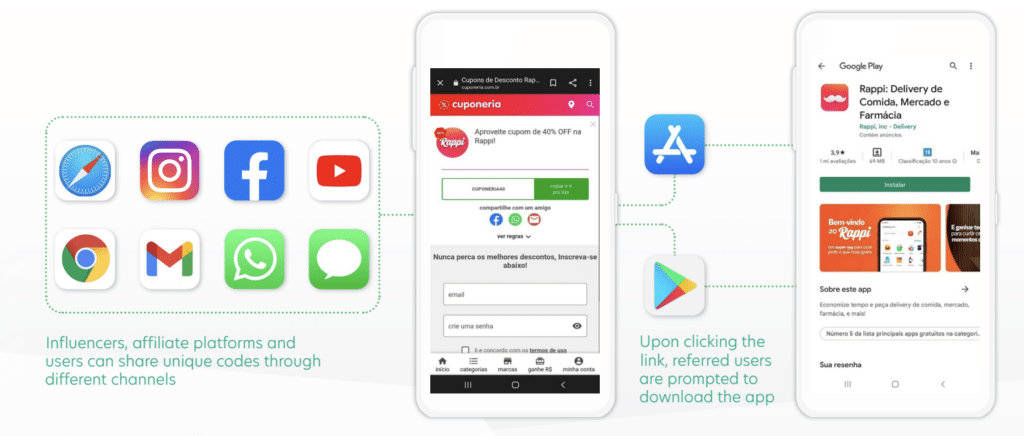
The campaign starts with influencers and affiliates sharing unique codes through different mobile channels.
And it worked; Rappi enjoyed over 50 million total app installs and an average of 50% of new users coming from influencers and referral campaigns, each time the team launched the app in a new city.
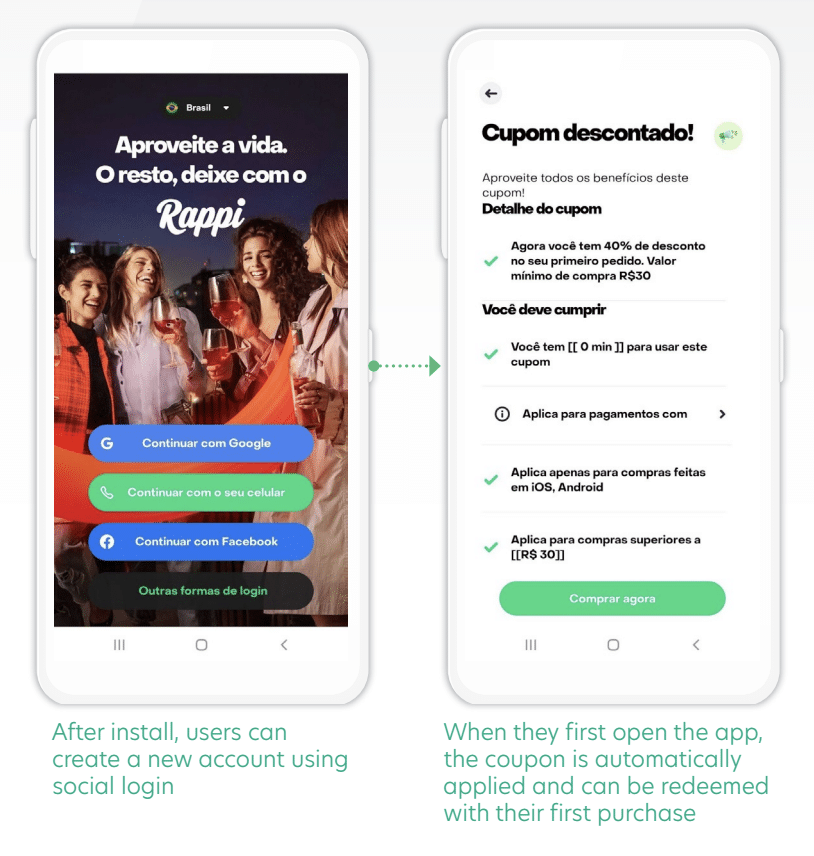
After the user installs the app, they can easily log in with a social account and then the coupon is automatically applied to their first purchase.
Using influencers in an app referral program
Some referral programs work by leveraging the power of social media influencers to amplify their reach and boost their mobile marketing campaigns. Through social sharing, influencers can tap into their vast networks to promote app referral programs to their following.
Influencers often have highly trusting followers who view them as credible and are receptive to their recommendations. They also tend to be creative, which leads to greater engagement with their messages. They’re often dialed into cross promotions, too, which can extend their reach and can have a significant impact on conversions.
The benefits of a customer referral program
For existing users, mobile referral programs can enhance the user experience, boost customer loyalty, and increase mobile user retention rates. That’s because rewarded customers make for happy customers.
For app developers and marketers, these same app referral programs can reduce customer acquisition costs because existing users are doing the work for them. Plus, they provide valuable metrics that can help marketers optimize their marketing strategies and, ultimately, their performance.
Because mobile referral programs offer benefits for both parties, they belong in just about every app’s marketing strategy.
Contact us to learn more about how mobile referral programs can boost your conversion rates.

